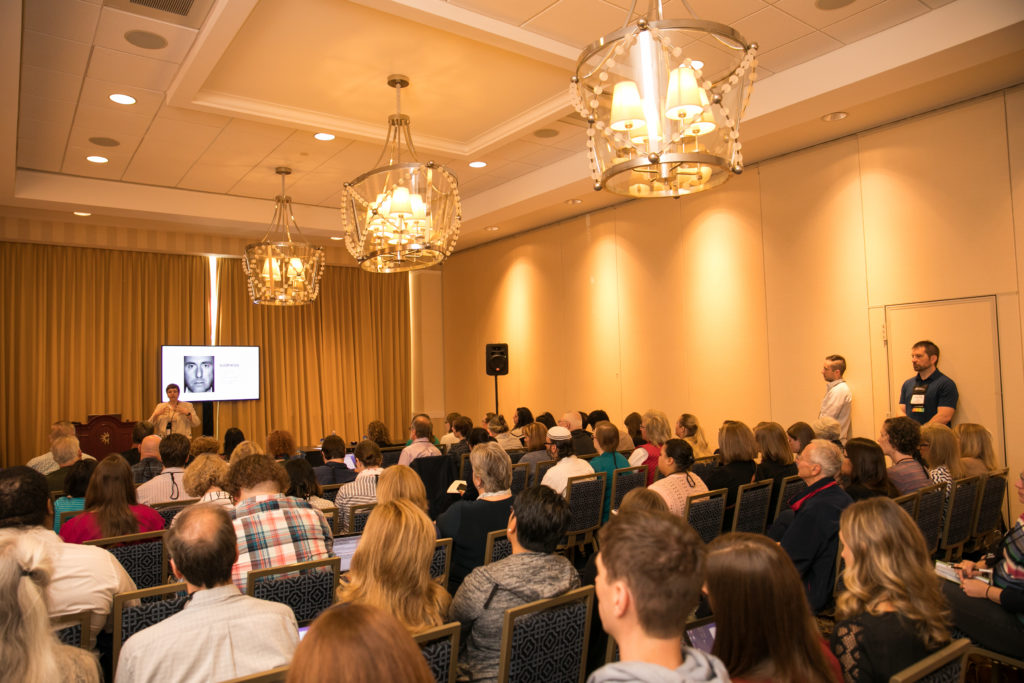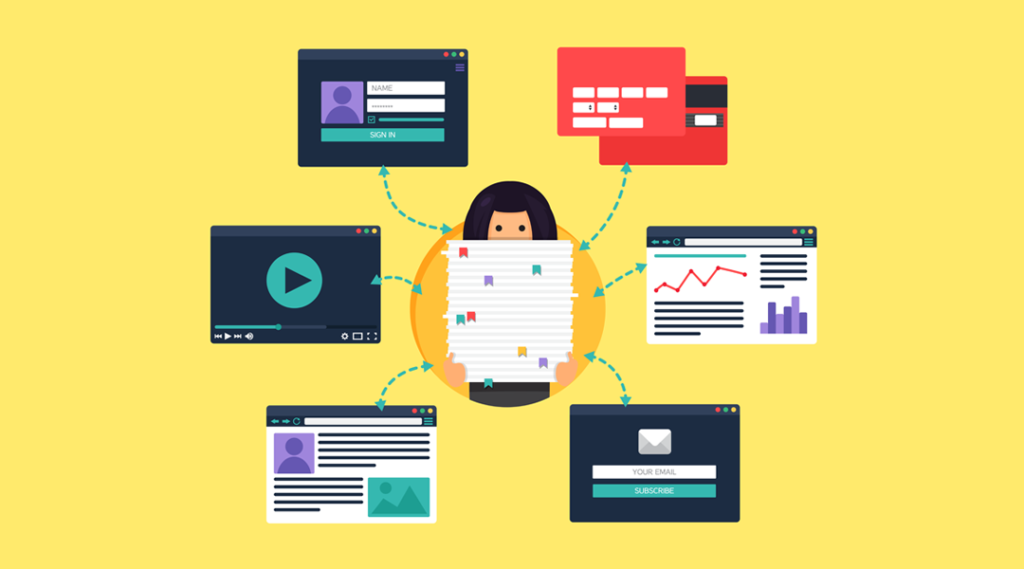Summit Spotlight: STC’s Preconference Workshops
For those interested in-depth learning, the Summit offers both full-day and half-day preconference workshops taught by experts in their respective fields.

For those interested in-depth learning, the Summit offers both full-day and half-day preconference workshops taught by experts in their respective fields.

Want to get a head start on the 2019 Technical Communication Summit & Expo? We’ve got a fantastic lineup of half and full day preconference workshops on Sunday, 5 May.

If you want to take your technical editing skills to the next level, this week’s webinars and courses are for you.

Whether you’ve been meaning to get formal training on the fundamentals of technical communication, or you want to take your technical editing skills to the next level, the first online courses of 2019 have something for you.

Summer school is in session with STC education! This week: Minimalist Writing and July online courses.

Summer school is in session with STC education! Make the most of your membership by beefing up your education report card.

Three education sessions covering Agile, Proposal Writing, Science writing with best management practices, specialized workflows and departmental procedures. Spring has sprung with brand new STC education! Make the most of your membership by beefing up your education report card.
Here is your guide to a few of the exciting technology and development topics at STC’s Summit- including the Internet of Things, API documentation, video strategies, content for mobile devices and augmented reality, analytics for big data, tools like Jekyll and GitHub, and code samples for Java, PHP, Python, and Ruby.
I’m stating the obvious when I say that there are many systems that define levels of edit. Some systems define up to nine levels or categories of edit, such as the well-known, pioneering effort to define levels of edit by NASA’s Jet Propulsion Laboratory. But when I started in my current role as editor for a team of K–12 curriculum writers, I implemented a personally derived system of four levels, which are based on the book Technical Editing, The Practical Guide for Editors and Writers, by Judith A. Tarutz (1992). This is also the system I’ve used when proposing and scoping freelance editing projects. My system includes the following levels of edit: Developmental, Substantive, Literary, and Pre-release. Except for Developmental, these levels build on each other, starting with Pre-release at the lowest level.
How do you think of yourself in your editing role? Is each document, article, topic, or book by the same author or team of writers an isolated editing task? Does each task seem to start from scratch as if you’d not edited that author’s work before? Or is each subsequent edit you deliver informed by your previous suggestions and comments? Do subsequent documents indicate that the writer “got it the first (or last) time”?